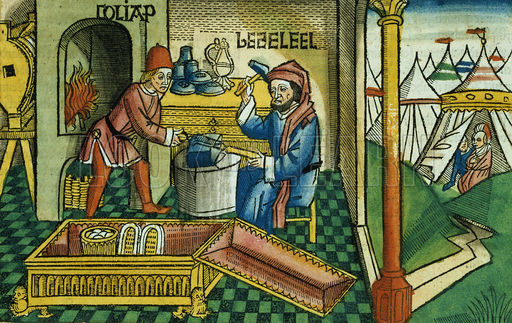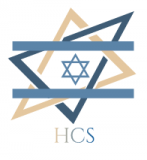This week’s parsha starts off with a tax of half a shekel that every one above the age of twenty must pay “so that there will be no plague among them”, or to put it another way “to ransom their lives.” Although not our graduated income tax – the poor pay the same amount as the rich — it’s fair in the sense that the rich have to pay up as well as the poor.
Next, God tells Moses to have made a basin of bronze so Aaron and his sons can wash their hands and feet when they come to the Tent of Meeting (also called the Tabernacle.)
Then God tells Moses to mix a lot of spices up with olive oil so that it makes a perfume. Moses is to sprinkle this perfumed oil all over the Tent and what’s in the Tent. This is to make these things holy. Moses is also supposed to anoint Moses and Aaron, also to make them holy. No one else is allowed to try and make this oil and spice mixture.
Moses is then told to take spices and burn them to make incense in front of the Tent of Meeting.
Here’s something: God refers to Bezalel by name. Whom else does God name, besides prophets and kings?
Bezalel is a craftsman who makes things of gold, silver and bronze, and who is skilled in cutting gemstones. God also names Oholiav. These two are to be responsible for building the Tent, the table inside the tent, the lampstand, the basin and its pedestal, the clothing of the priests, and everything else inside the Tent.
The parsha ends with a command to keep the Sabbath. Anyone who works on the Sabbath is to be put to death! “For in six days God made the heavens and the earth, but on the seventh day God stopped and paused for breath.”
Food for Thought
Why do you think God made the half shekel payment required? How do you think the people reacted to this tax?

